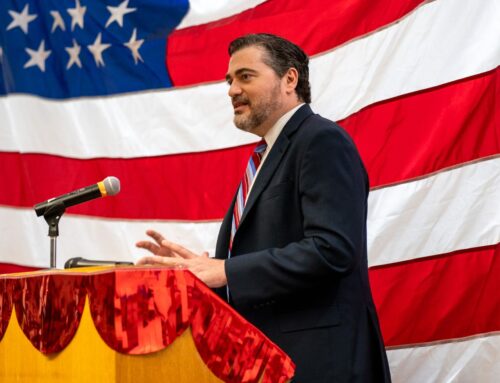The pandemic could change the way commercial leases and insurance policies are structured
By Katherine Kallergis, The Real Deal| April 3rd, 2020
Pebb Enterprises, like many commercial landlords in South Florida, is working with tenants to offer rent deferments or discounts, as retailers and small businesses struggle to pay this month’s bills.
Pebb, a Boca Raton-based commercial real estate firm, is still making its mortgage payments in April, said Chris Stewart, Pebb’s senior vice president of leasing. At the same time, the company is hearing from “a significant number of tenants” and trying to keep an open dialogue between them, he said.
“We are granting deferments, looking at each tenant and property individually,” Stewart said. “We just want to make sure they understand the situation we’re going through.” The company is sending tenants links to loan and grant programs available under the $2 trillion stimulus package that was signed into law by President Trump last week.
Locally and across the country, retail stores, restaurants and bars are attempting to negotiate their rent for this month and in May. Besides Pebb, landlords like Tricera Capital and Avra Jain are talking to their tenants to work out deals.
Commercial brokers Tony Arellano and Devlin Marinoff of Dwntwn Realty Advisors emphasized that property owners are beholden to their lenders in many cases. Those with commercial mortgage backed securities (CMBS) loans, don’t have that flexibility.
“If tenants think they’re just not going to pay rent, it’s mechanically not possible.… A landlord waiving rent and not getting anything in return is just not a reality,” Arellano said.
Tenants first need to look at their leases and insurance policies to see if they have a legal basis for rent abatement, said attorney Jason Kellogg of Levine Kellogg Lehman Schneider + Grossman.
He pointed to one legal argument made in Louisiana, where a lawyer argued that the presence of Covid-19 in a retail establishment could count as physical damage.
Kellogg and others expect that the pandemic will change how leases and insurance policies are written, similar to what happened with the Zika outbreak in 2015 and the SARS outbreak in the early 2000s.
“This is going to be a complete game changer. Everyone is going to start putting viruses, pandemics, epidemics [in contracts]. Any leases I write or edit are going to include this because no one is going to forget this,” he said.
Attorney Josh Migdal, co-founder and partner at Mark Migdal & Hayden, is hearing from both landlords and tenants.
“The tenants are contacting us to find out whether or not they have any legal recourse or basis to absolve them from having to make payment. The landlords are calling us to find out whether or not the tenants have any basis,” he said. “They’re also asking us to look at their loan documents to see what they can do related to making payments to their lender. This is a cascade of litigation or liquidity issues.”
A number of landlords will be forced to sue to evict tenants. In some cases, Midgal said, they’ll use litigation to bring their tenants to the table to work things out. In others, the pandemic will weed out tenants that were already struggling.
“The reality is tenants don’t want to go out of business and not have space, and landlords don’t want to have vacant space,” he said. “No one wants to go to a shopping center that is empty.”




